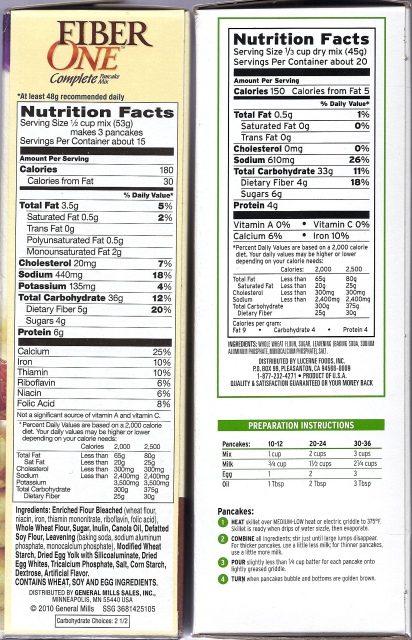In the Future, How Will We Feed Ourselves?
Technology:
1. Urban Agriculture: Vertical farming, hydroponics, and aeroponics allow food to be grown within the city, reducing transportation costs and increasing freshness.
2.Precision agriculture: Technologies like GPS, Sensors and drones for personalized crop management, optimizing yields while reducing resource use.
3. Gene Editing: CRISPR and other gene- editing tools can lead to crops that are more resistant disease and changing climate conditions.
Sustainable practices:
4. Regenerative Agriculture: Focusing on soil health, biodiversity and reducing chemical inputs in farming.
5. Aquaponics: Combining aquaculture with hydroponics ,creating a symbiotic relationship between plants and fish, increasing food production efficiency.
6. Organic farming: Implementing organic practices that promote biodiversity, reduce pollution, and enhance soil fertility.
7. Agroecology: Integrating ecology into agricultural practices to mimic natural ecosystems, promoting sustainability.
Alternative Proteins:
8. Plant- based: Developing nutritious and sustainable plant based protein sources, such as legumes, seeds and mycoproteins.
9. Cellular Agriculture: Cultured meat and dairy produced using cell technology, offering a viable alternative to conventional meat production.
10. Insects: Increasing the incorporation of insects into diets as a source of high - protein and nutrients.
Circular Economy:
11. Food waste reduction: Adopting strategies to minimize food waste at every stage of the supply chain.
12. Up cycling: Using food waste to create new products, such as bioplastics or even human consumption.
13. Nutrient Recycling: Developing systems to recycle nutrients from wastewater and agricultural runoff back into the food production cycle.
Diversity:
14. Dietary diversity: Promoting the consumption of variety of foods to ensure nutritional balance.
15. Local and Seasonal Foods: Supporting local food systems and consuming foods in season to reduce environmental impacts.
16.Traditional knowledge: Incorporating indigenous and traditional agricultural practices that have demonstrated sustainability and resilience.
Collaboration:
17. Public - private partnerships: Enhancing collaboration between governments, businesses, and research institution to address food system challenges.
18. International cooperation: Establishing global partnerships to ensure equitable distrubtion of food and resources, reducing hunger and malnourishment.
By combining these approaches and harnessing the power of technology, sustainability, innovation, and collaboration, we can work towards a future where everyone has access to nutritious and sustainable food.
-
sweat smelling like vinegar
QuestionI noticed that when i take off my shoes after a day at wo
-
change in diet.
QuestionWhile I am not overweight (57 150lbs) I do have an
-
Getting fit
QuestionHey Lawrence. So about me... I am 22, 6 tall, and weigh a
-
frustration with weight loss
QuestionHello, I have been struggling with reaching my weight lo
-
high fat, low calorie
QuestionHi - recently Ive been eating mostly nuts and fruit and v
-
Healthy weight loss
QuestionHi, I play netball for a total of about 4 hours weekly ex



